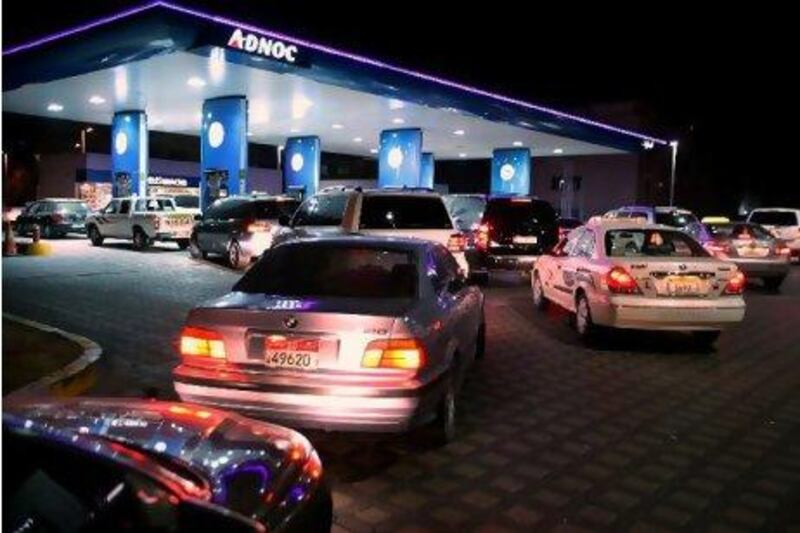Social unrest and rising commodity prices in parts of the Mena region are putting governments under pressure to boost subsidies for food and energy.
But economists warn such policies are not the best way of using state revenues to help the worst off.
For non-oil producing countries, especially, they risk taking money away from investment in economic reform and other projects.
"Subsidies are a double-edged sword," said Jarmo Kotilaine, the chief economist at NCB in Saudi Arabia. "As food prices go up there's a tendency to further increase spending through subsidies. Potentially, we are looking at government becoming more and more accommodative to price increases."
GCC states tend to use oil revenues to lower the cost of electricity and petrol for consumers.
Oil importing nations in the region have used subsidies as a way of protecting citizens from rises in the price of everyday staples such as bread and rice.
Anger at rising costs helped fuel the social disorder in Egypt and Tunisia, which eventually led to the overthrow of the two countries' presidents.
Prices of wheat to oil, among many other products, have surged in recent months as the combination of a global economic rebound and, in the case of food, bad harvests have fed supply pressures.
Spurred in part by recent regional turmoil, some countries have already demonstrated a willingness to help consumers affected by food prices.
Egypt's new temporary regime has promised to keep existing subsidies.
In Bahrain last week, King Hamad bin Isa Al Khalifa ordered an increase in food subsidies. Kuwait's government last month agreed the distribution of US$4 billion (Dh14.69bn) of free food to citizens for 14 months.
Morocco, Yemen, Syria and Jordan have also pledged similar moves.
Economists say others may be tempted to act if food inflation worsens. Food price inflation in Saudi Arabia was 6.8 per cent last month, down from 7.6 per cent a month earlier, official figures show.
The IMF has for years been urging many countries in the region to do away with subsidies. It argues that they do little to bridge income gaps between the rich and the poor. Instead, the fund says a better idea is to introduce targeted handouts for the most vulnerable in society.
There are other downsides to subsidies.
"Subsidies twist the pricing mechanism that the market creates for goods and distorts the supply and demand cycle," said John Sfakianakis, the chief economist at Banque Saudi Fransi.
Price control policies need to be carefully planned to avoid sparking regional inflation, he wrote in a research report released last week.
Cheap electricity and petrol have been become a fixture in the Gulf for years. As consumption grows in line with population, experts say such subsidies are becoming increasingly unsustainable. They blame low energy prices for unnecessary waste.
The UAE began moving towards a gradual increase in petrol prices last year and Abu Dhabi has announced plans to more closely manage energy consumption.





